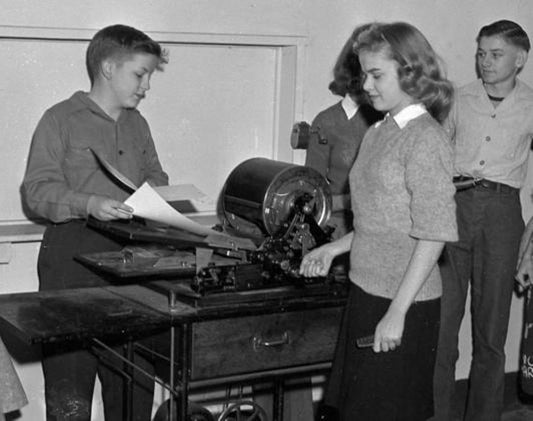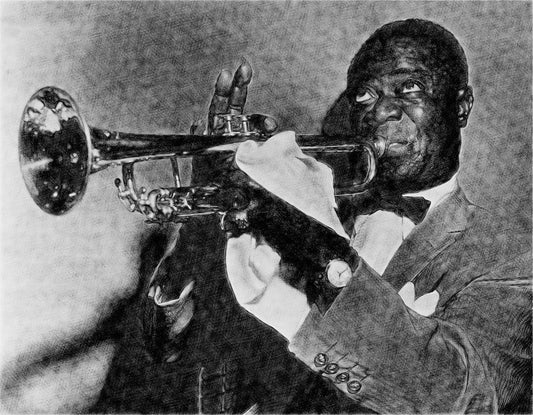Contradictory evidence
by Paul McGowan
As counter-intuitive as it may seem, contradictory evidence only serves to strengthens the position of the believer—especially if that evidence is shouted. If your experience suggests passive components in audio equipment sound different, as I do, every loud attempt at dissuading those beliefs only tends to strengthen your resolve. Highly charged opposing evidence is seen as conspiratorial and missing evidence is dismissed as part of the coverup.
In 2006, Brendan Nyhan and Jason Reifler at The University of Michigan and Georgia State University created fake newspaper articles about polarizing political issues. The articles were written in a way which would confirm a widespread misconception about certain ideas in American politics. As soon as a person read a fake article, researchers then handed over a true article which corrected the first. For instance, one article suggested the United States found weapons of mass destruction in Iraq. The next said the U.S. never found them, which was the truth. Those opposed to the war or who had strong liberal leanings tended to disagree with the original article and accept the second. Those who supported the war and leaned more toward the conservative camp tended to agree with the first article and strongly disagree with the second.
It seems to me this human tendency to defend and protect our core beliefs is at the center of why people on both sides of the aisle feel threatened. We are protective of our beliefs because we are afraid the other party is trying to take advantage of us. No one wants to be taken advantage of like a certain US senator from Louisiana did in 1943.
The senator's product was called Hadacol and in those days it was easy to find on American shelves. It was sold through what has become known as the Traveling Show. The Hadacol Caravan, sponsored by Louisiana State Senator Dudley J. LeBlanc—who Time magazine once described as "a stem-winding salesman who knows every razzle-dazzle switch in the pitchman's trade"—and his LeBlanc Corporation sold bottles of Hadacol, a vitamin tonic famous for both its alleged curative powers and its pleasing sensation. Hadacol contained 12 percent alcohol (listed on the tonic bottle's label as a "preservative"), which made it quite popular in the dry counties of the southern United States. Its actual curative powers were a matter of great debate.
But, not everyone is out to take advantage of people. In fact, quite the opposite. We each want to help share our findings and personal beliefs and the best way I have found to do that is by offering information and personal experience as honestly and openly as possible. And most important, free of emotion and agenda.
We might all benefit from a greater dose of kindness and generosity of spirit. Especially as the holidays approach and we get set for the new year.
Peace.
- Choosing a selection results in a full page refresh.
- Opens in a new window.








